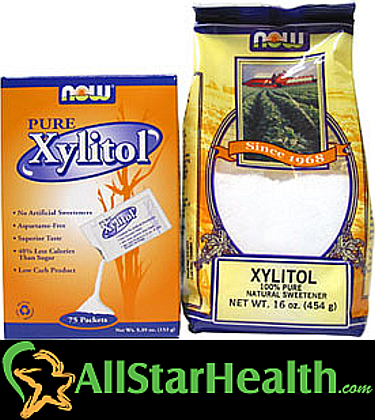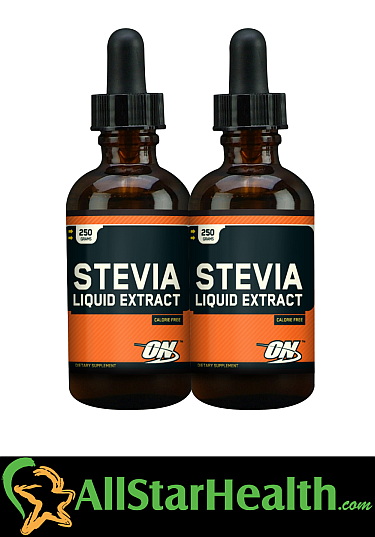Fructose sweetener takes another shot.

Fructose sweeteners continue to take it on the chin.
A high-profile debate is taking place over the adverse effect of fructose sweeteners like high fructose corn syrup. On one side, the commercial sweetener industry employs fructose on a massive – and massively profitable – scale, the best example being the HFCS that’s in just about every supermarket food. The industry maintains that fructose is, essentially, no worse for you than other sugars, and they’ve enlisted the help of slick high-profile TV ads to advocate for the safety of high fructose corn syrup in a non-technical, feelgood sort of way (it’s ‘natural’, it’s ‘made from corn’, ‘real men’ don’t care, etc). On the other side are researchers and health professionals. These scientists have been searching for a way to explain the explosion in obesity and obesity harbingers like insulin resistance and metabolic syndrome. This explosion more-or-less coincides with the introduction and rapid, widespread adoption of high fructose corn syrup. At this time in 2009, HFCS has already been the subject of many damaging studies, and while these researchers aren’t taking to the airwaves with their findings, the tide seems to be steadily turning against the industry as more consumers and health experts just put two-and-two together and finally steer clear of fructose sweeteners altogether.
Fructose is a naturally-occurring sugar found in fruits and vegetables, so the fructose you consume from these healthy sources is not now and never will be the subject of any controversy. But fructose as a sweetening ingredient in foods and drinks is another story. Fructose is metabolized the same way whether it comes from foods or used as a sweetener, but the difference is that when you’re eating whole fruits and vegetables, the fructose is present with fiber, moisture and other nutrients that ‘dilute’ the otherwise unfavorable metabolic effects of fructose. Fructose extracted from corn has replaced the once-popular-now-too-expensive cane sugar to become a ubiquitous sweetener in foods and drinks, significant because cane sugar and fructose sweeteners metabolize differently. But in recent years fructose has been the subject of increasing scrutiny and controversy because of evidence suggesting it promotes obesity and poor metabolic health.
A new fructose-sweetener study strikes another broadside blow against fructose and hits a bullseye in terms of addressing the specific question of fructose and obesity factors. In the study, overweight or obese subjects were assigned to glucose and fructose groups and then drank glucose- or fructose-sweetened drinks over a 10 week period of time. The drinks were standardized to provide the same calories no matter which group the subject was assigned to. The results were pretty damning, showing that fructose-sweetened beverages promote not only obesity (by increasing fat storage in the liver and around internal organs), but also Metabolic Syndrome by increasing LDL (bad) cholesterol and triglycerides, and decreasing insulin sensitivity. Importantly, these results were not seen with the glucose-sweetened beverages.
So the implications are pretty clear for anyone concerned achieving or maintaining a lean healthy metabolism: steer clear of fructose-sweetened beverages. That certainly includes mass market soft drinks and sodas with HFCS but pure undiluted fruit juices should be avoided too.
There are plenty of great sugar alternatives available right now. We’re seeing a big increase in the popularity of natural polyols like xylitol and erythritol, which look and taste like granular table sugar but metabolize so slowly, there’s no adverse effect on blood sugar levels or insulin. Or you could try the natural herbal sweetener, stevia (great in iced tea). Use these metabolism-friendly sweeteners instead of sugar, and tell your friends and family about them too, because it’ll be a long time before they’ll be on TV alongside the fructose PR spots.





